|
Communication is a vital part of our daily lives, so it is important to learn how to communicate effectively and healthily. There are different types of communication (nonverbal, verbal, written, para-verbal) and practicing each type will help to decrease conflict & stress. Most conflict stems from ineffective communication such as misconceptions, unclear expectations, lack of communication, etc.
Here are a few reasons why developing and practicing effective communication is beneficial:
Below are resources to help you develop and practice effective communication: 9 Effective Communication Skills 4 Ways to Facilitate Effective Communication in the Workplace The Art of Nonverbal Communication in Practice How to Use Paraverbal Communication for Powerful Engagement 7 Ways to Improve Communication in Relationships How to Help Your Students Learn Health Communication Skills Effective Cross-Cultural Communication
4 Comments
The COVID-19 pandemic has affected many areas of our lives. One of the biggest effects it has had is on the job industry and the strain it has put on both employees and employers when it comes to burnout & stress. Jobs in which employees needs to interact with people face-to-face were already stressful before the pandemic, but now with the looming threat of catching COVID-19, it's even more stressful.
There are many reasons why an employee may experience burnout such as lack of control, unclear job expectations, dysfunctional work dynamics, extremes of job activity, lack of social support, work-life imbalance, and heavy workload or working long hours. Teachers are facing many stressors currently when it comes to the pandemic. If a teacher becomes infected with COVID-19 they face many days out of the classroom which in turn can cause stress on the teachers and administration who may be already experiencing a shortage of teachers. This is the same situation that our healthcare system and service industry are facing as well. Below are resources that can help both employees and employers with job burnout and stress:
Civic Engagement means "working to make a difference in the civic life of our communities and developing the combination of knowledge, skills, values, and motivation to make that difference." NY Times.
Civic engagement includes actions such as voting, volunteering, attending town hall or neighborhood meetings, serving as an AmeriCorps member, and advocacy & activism. In order to be able to successfully engage with your community, there are certain social and emotional skills that people need to develop and acquire. For instance, you would need to be able to communicate effectively with people who may be different from you, or you would need to be able to resolve conflicts in nonviolent ways. Integrating SEL & civic learning in schools is easy and beneficial. When students develop their own self- and social-awareness to analyze and reflect on issues they care about in their schools and communities, they are more likely to become interested in learning about these topics. When students develop the relationship skills necessary to be able to work in a team and have important conversations, they're more likely to succeed in becoming civically engaged within their own community. Below are resources to learn more about Civic Engagement and SEL: You Can't Have Meaningful Civic Engagement Without Social and Emotional Skills SEL & Civic Learning Prepare Students for Civic Engagement Through SEL The Future of Civic Engagement is SEL by Committee for Children January is National Mentoring Month, a month to raise awareness about the positive effects of mentorship and how it can empower young people to change the world.
Our late Executive Director and co-founder, Matthew Smith, was a mentor to many people in the community. A mentor can be defined as a trusted guide, coach, or counselor who gives advice and guides others whether through work or life in general. Volunteering is one huge way to be a mentor and it has proven benefits for both the volunteer and the person being served. We all need a mentor in our lives; to give us knowledge, wisdom, support, and to help us succeed. To honor Matthew's memory, consider these resources below on mentorship and how you can become a mentor to young people in your community. ACE's Life Skills Education Program Volunteer Opportunity Anytown Alabama Social Justice Teen Leadership Summit 2022 Staff Intern The Dannon Project Volunteer/Mentor Big Brothers, Big Sisters E-Mentorship 24 Reasons Why Mentorship is Important 7 Tips About How to Mentor Someone |
AuthorWrite something about yourself. No need to be fancy, just an overview. Archives
June 2022
Categories |

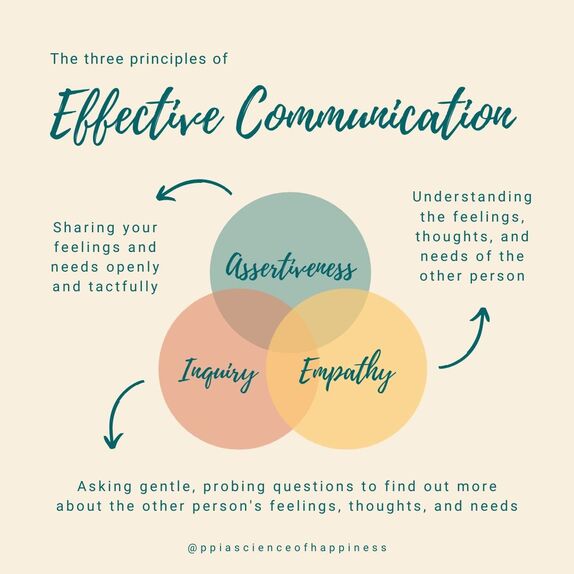
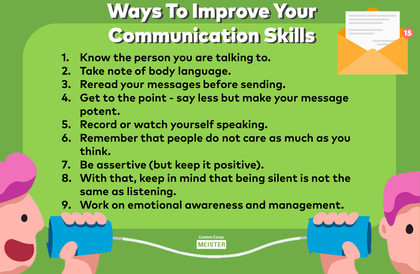
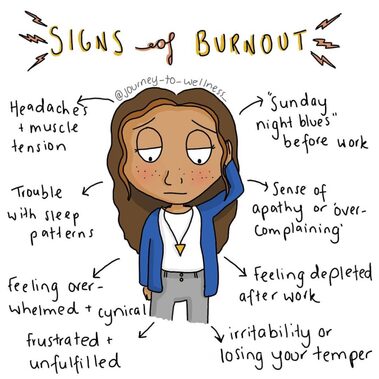
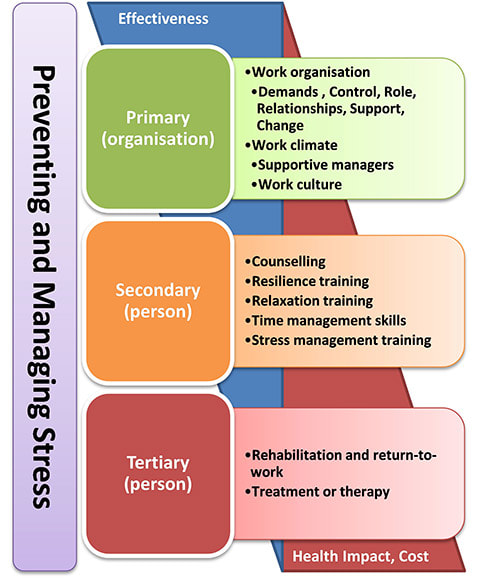
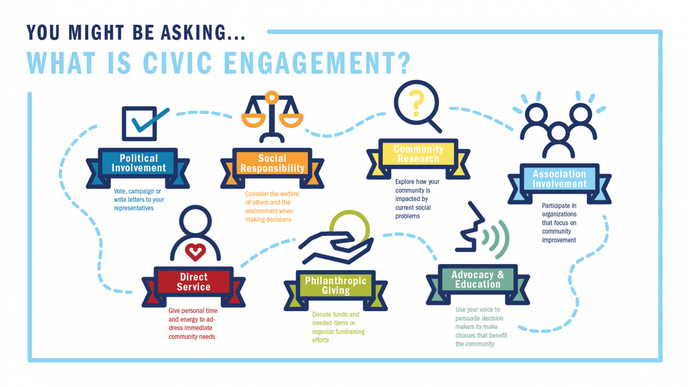
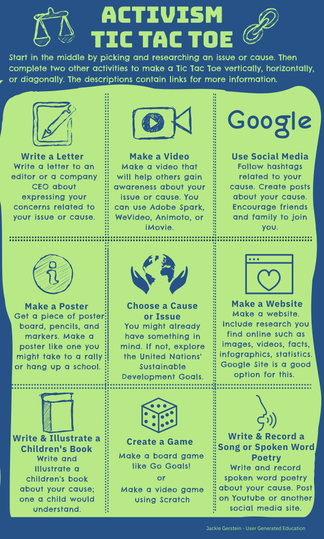
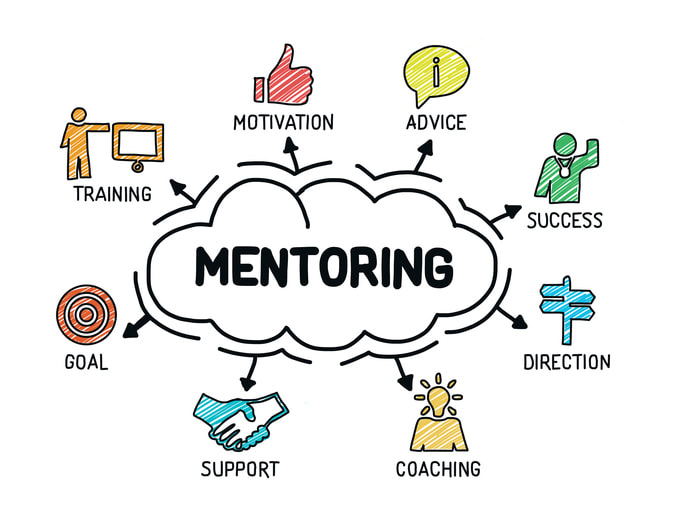
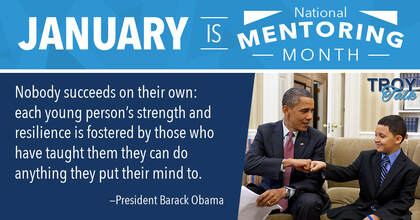
 RSS Feed
RSS Feed